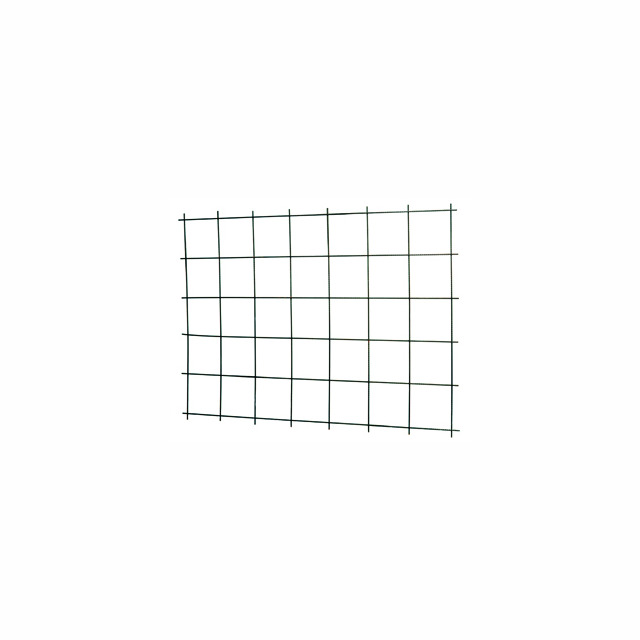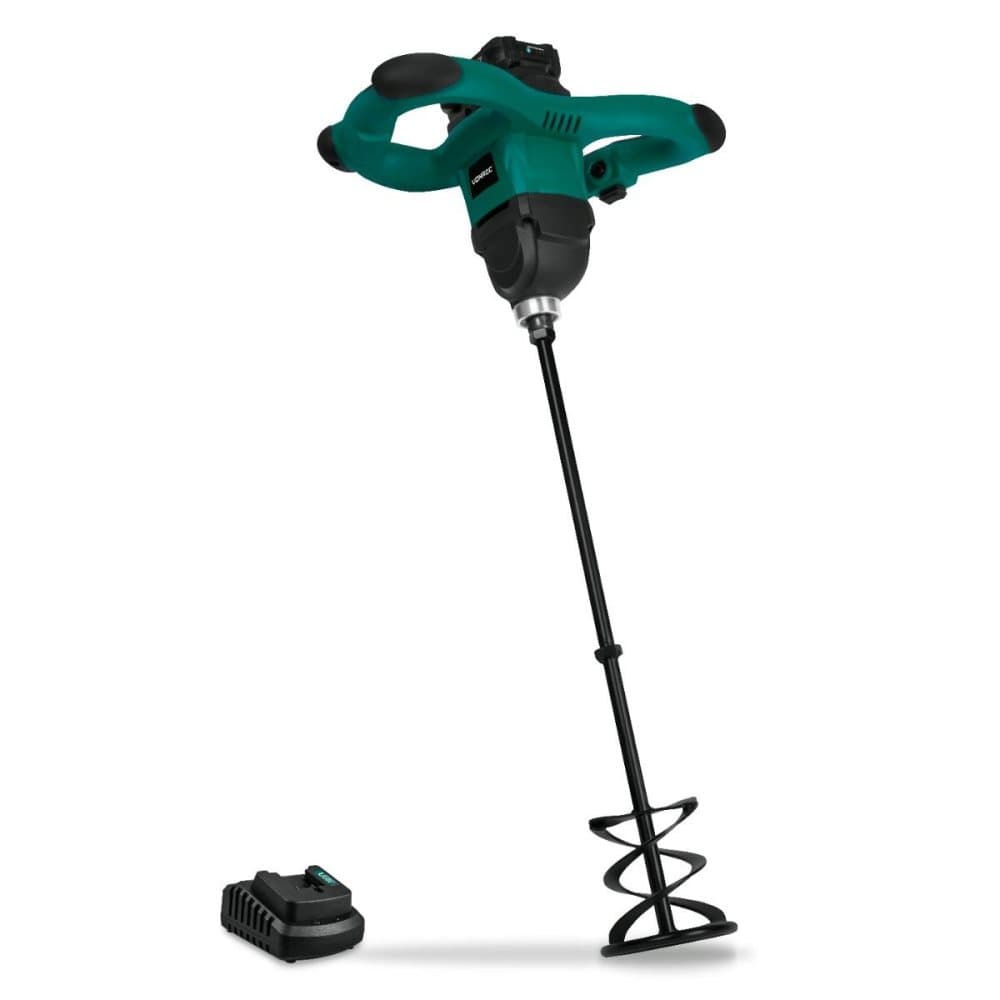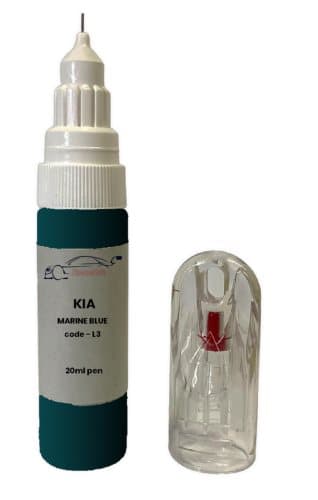Emerging imaging techniques have opened new fronts to investigate tissues, cells, and proteins. Transformative technologies such as microCT scans, super-resolution microscopy, fluorescence-based tools, and other methods now allow us to study the mechanics of cancer, dissect the origins of cellular force regulation, and examine biological specimens at the nanoscale. The Handbook of Imaging in Biological Mechanics presents the spectrum of imaging techniques used for noninvasive visualization of the morphology and mechanics of the large and small-from organs to individual macromolecules. The handbook presents optimal imaging technologies to study deformation, stress, and constitutive behavior of tissues, cells, and proteins. It also describes a suite of technologies available for probing the mechanics of surfaces, membranes, and single molecules. With chapters authored by highly recognized experts in their area, the handbook covers the entire spectrum of biomechanical and mechanobiologic imaging technologies available today.












